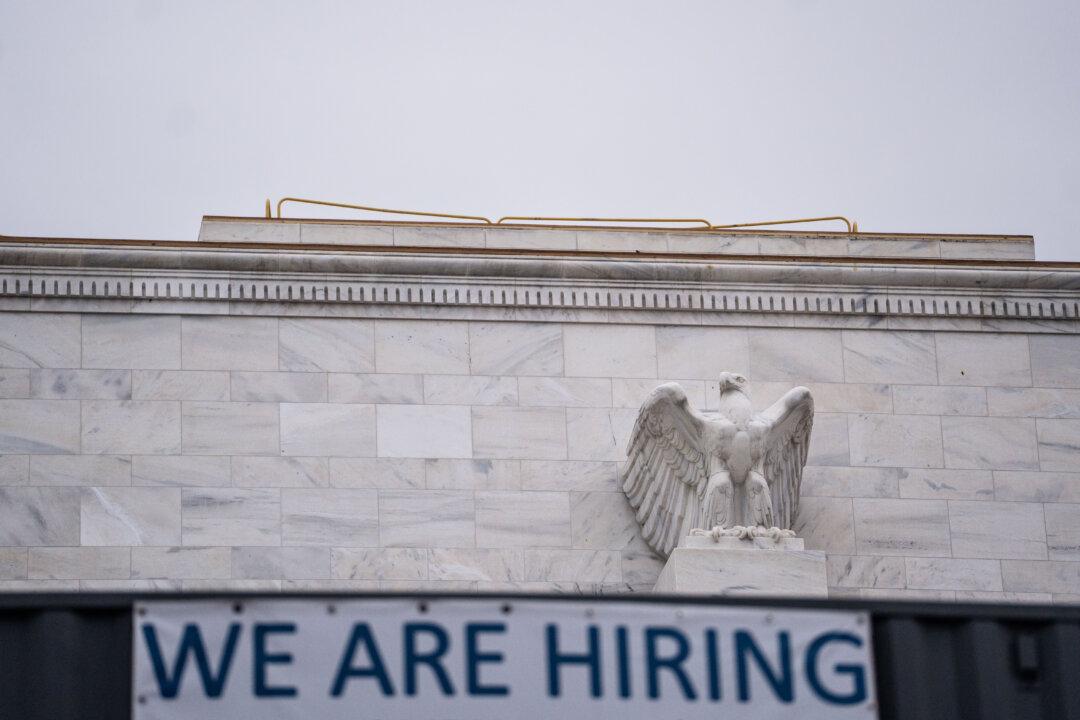The Great Resignation or the Great Unretirement?
A growing number of older Americans are “unretiring” as a cost-of-living crisis, a bear market on Wall Street, and rising interest rates send more people back to the labor market under the stress of diminished living standards.





